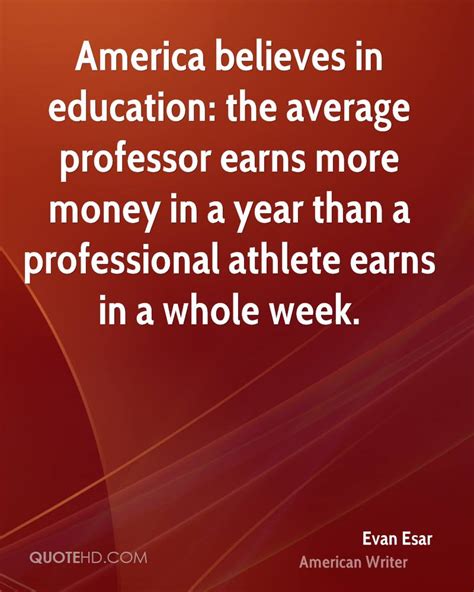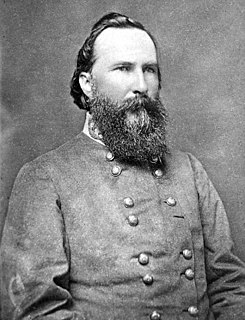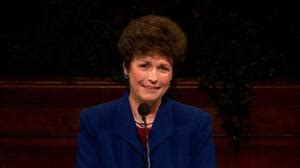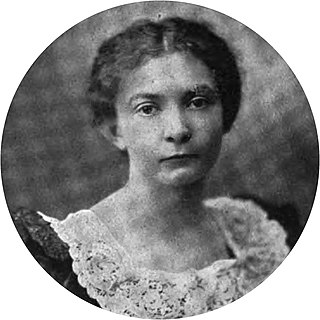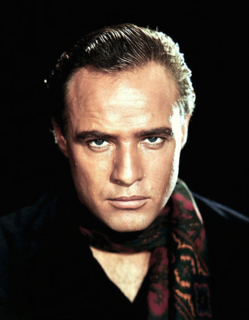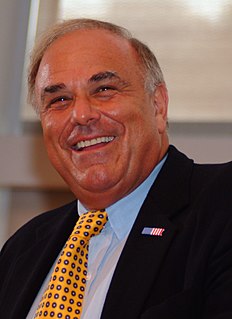A Quote by Joseph B. Wirthlin
We are commanded to seek out those who are lost. We are to be our brother's keeper.
Related Quotes
There is a growing threat to the environment, to the vegetation, animals, water and air. Sacred Scripture hands us the image of Cain who rejects his responsibility: 'Am I my brother's keeper?' The Bible shows the human person as his brother's keeper and the guardian of creation which has been entrusted to him.
Our government should work for us, not against us. It should help us, not hurt us. It should ensure opportunity not just for those with the most money and influence, but for every American who's willing to work. That's the promise of America - the idea that we are responsible for ourselves, but that we also rise or fall as one nation; the fundamental belief that I am my brother's keeper; I am my sister's keeper.
America's not just [about] looking out for yourself, it's not just about greed, it's not just about trying to climb to the very top and keep everybody else down. ... Hard work, that's a value. Looking out for one another, that's a value. The idea that we're all in it together and [that] I'm my brother's keeper and [my] sister's keeper, that's a value.





